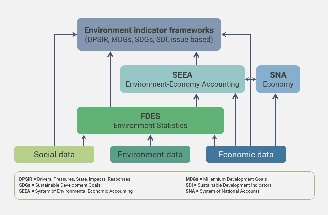Welcome!
This is the home page for your knowledge base space within Confluence. You can use your knowledge base to capture best practices and address common problems.
Next, you might want to:
- Create your first knowledge base article - Click "Create" and select a "How-to" or "Troubleshooting" article.
- Customise the home page - Click "Edit" to get started. Include useful information like what users can expect to find in this knowledge base, frequently asked questions and links to other resources.
Frequently asked questions
- Add links to popular how-to and troubleshooting articles.
- Highlight important documentation.
Need more help?
- Link to resources such as your service desk, questions & answers or a forum.
- List contacts for getting additional help.
Other resources
- Include links to relevant external sites and services.
- Add other helpful information.
Browse by topic
Recently updated articles
